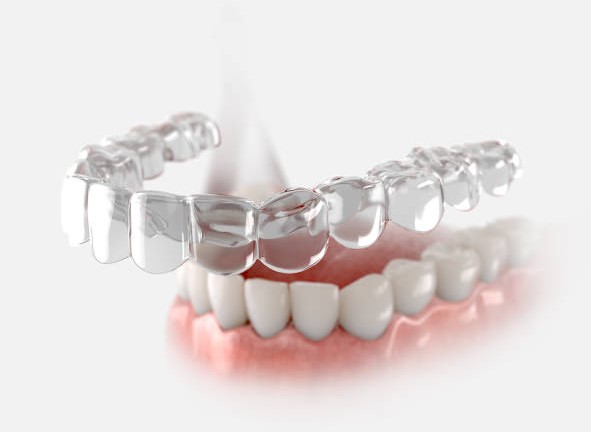Maintaining good oral health is essential for overall health and well-being. Poor oral hygiene can lead to a variety of dental problems, including tooth decay, gum disease, bad breath, and even tooth loss. In this ultimate guide to oral health, we will discuss the steps you can take to maintain healthy teeth and gums.
- Brush Your Teeth Twice a Day
Brushing your teeth twice a day with fluoride toothpaste is the cornerstone of good oral hygiene. It helps to remove plaque, a sticky film of bacteria that builds up on teeth and gums. When plaque is not removed, it can cause tooth decay and gum disease. Brush your teeth for at least two minutes each time, using a circular motion to clean all surfaces of your teeth and gums.
- Floss Daily
Flossing is an important part of oral hygiene because it removes plaque and food particles from between teeth that a toothbrush cannot reach. Floss at least once a day, and make sure to use the proper technique. Wrap the floss around your fingers and gently slide it between each tooth, making a C-shape to curve the floss around the tooth and under the gumline.
- Use Mouthwash
Mouthwash can help to kill bacteria that cause bad breath and gum disease. It also helps to wash away any remaining food particles and debris from your teeth and gums. Use a mouthwash that contains fluoride, and swish it around your mouth for at least 30 seconds before spitting it out.
- Limit Sugary and Acidic Foods and Drinks
Sugary and acidic foods and drinks can erode tooth enamel, leading to tooth decay and sensitivity. Limit your intake of sugary and acidic foods and drinks, and choose healthier options like fresh fruits and vegetables, dairy products, and water.
- Visit Your Dentist Regularly
Regular dental checkups are important for maintaining good oral health. Your dentist can detect and treat problems like cavities and gum disease before they become more serious. Make sure to visit your dentist at least twice a year for a cleaning and exam.
- Quit Smoking
Smoking can have a negative impact on your oral health, causing bad breath, tooth staining, gum disease, and even oral cancer. Quitting smoking can help to improve your overall oral health and reduce your risk of these problems.
- Chew Sugarless Gum
Chewing sugarless gum can help to stimulate the production of saliva, which can help to wash away food particles and neutralize acids in your mouth. Look for gum that contains xylitol, a natural sweetener that can help to reduce the number of bacteria in your mouth.
- Wear a Mouthguard
If you play sports or grind your teeth at night, wearing a mouthguard can help to protect your teeth from damage. Your dentist can recommend a custom-fitted mouthguard that will provide the best protection for your teeth and gums.
- Practice Good Nutrition
Eating a healthy diet that is rich in vitamins and minerals is important for maintaining good oral health. Make sure to include foods like leafy greens, whole grains, lean proteins, and low-fat dairy products in your diet.
- Manage Stress
Stress can have a negative impact on your oral health, causing problems like teeth grinding and jaw clenching. Find ways to manage your stress, like exercise, meditation, or deep breathing exercises.
In summary, maintaining good oral health is essential for overall health and well-being. By following these tips, you can help to prevent dental problems and keep your teeth and gums healthy for a lifetime. Remember to brush and floss daily, use mouthwash, limit sugary and acidic foods and drinks, visit your dentist regularly, quit smoking, chew sugarless gum, wear a mouthguard, practice good nutrition, and manage stress.




